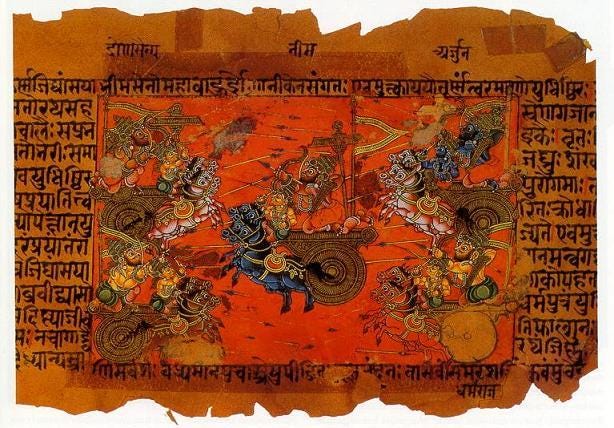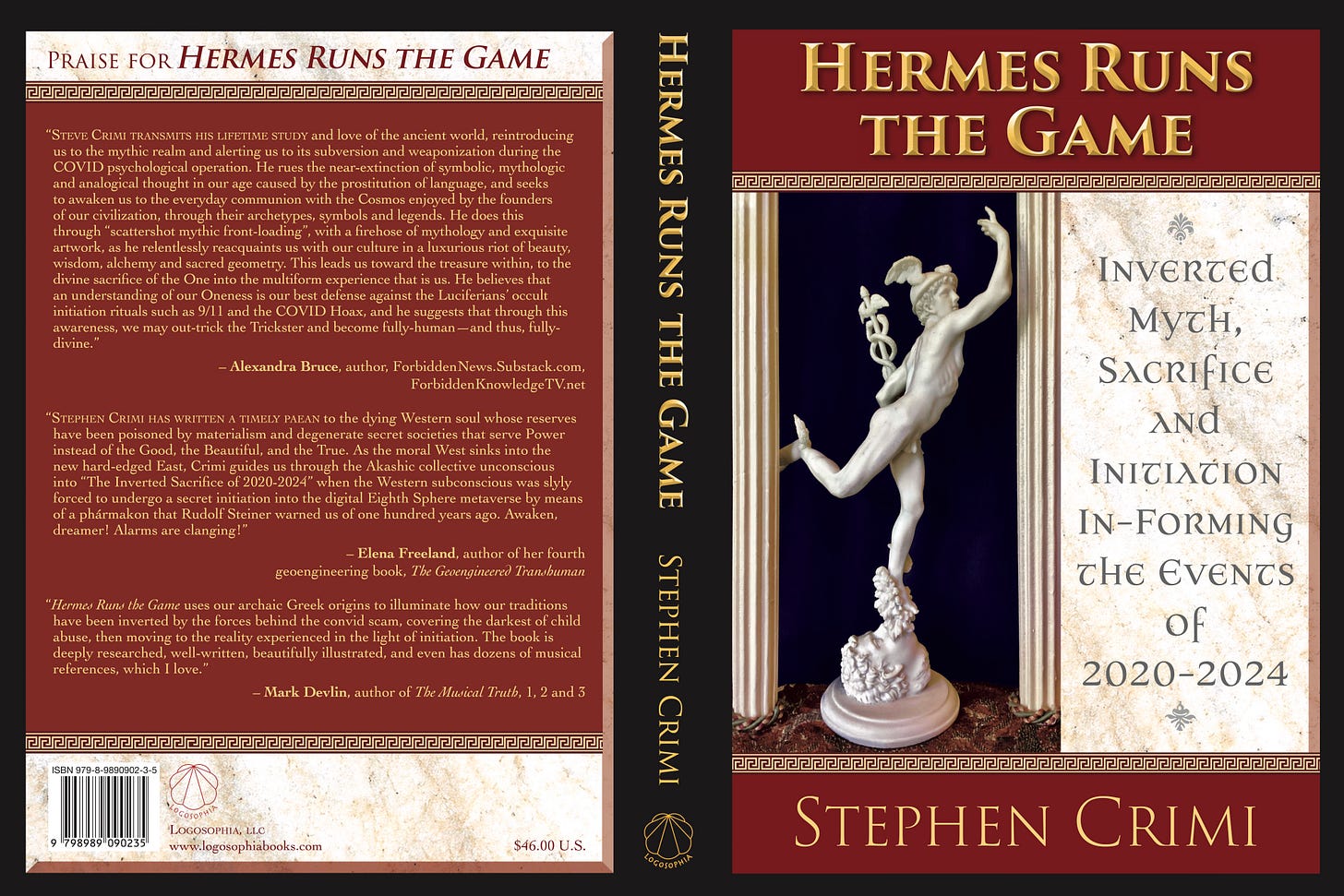In early 2001, as the fully mendacious and traitorous Bush 2 administration’s salivary control glands excitedly awaited its assumption to and consumption of power, I listened to a press conference on NPR, which at the time I naïvely considered alternative media. One Donald Rumsfeld—a name I did not know at the time—held his first press conference as Secretary of Defense, and said to the assembled reporters, “One thing is for sure, you know I’m never going to lie to you.”
That’s the first lie, immediately scrolled across my cranium.
We all know what ensued, the complete deceit of 9/11 and the deadly prevarication of Iraqi weapons of mass destruction, fallaciously endorsed poker-faced by sociopaths Rumsfeld, Bush, Cheney, Condoleezza Rice (one wonders what you have to do to have a Chevron oil tanker named after you), Paul Wolfowitz and saddest, Colin Powell. And what does it say about a culture that has more words for untruth than penguins have for snow? Some of my favorites, mostly in the ‘over the top’ category, are: flapdoodle, tommyrot, codswallop, taradiddle, blatherskite, falderal, nerts, piffle, and ahem, trumpery.
And as the wise Yogi Berra said, it was déjà-vous all over again as we were fed antithetical media matzoh meals of Iranian uranium: are they? aren’t they? we obliterated; we did no damage; ten years away; bombs away in ten minutes . . . we have reached the apotheosis of the CIA wet dream wherein nothing can be known for sure. Maybe one thing. If you blow up a nuclear enrichment facility, or loaded bombers on a runway, some sort of radioactive material will be released. Never mentioned.
I learned from my father Angelo Crimi about keeping one’s word. It was never a discussion, it was what he did. And he had no elite pedigree: he was a pool hustler in Brooklyn as a teen, drove a truck for the Long Island RR, wherein we used materials from the deconstruction of the 1965 NYC World’s Fair (not a Tartarian event) to build a second home in the Catskills furnished with funky futuristic chairs. He ended up having a Texaco station on the Brooklyn-Queens border that worked well enough to buy a house on the water in Massapequa. I worked at the station, got into scraps with him, learned to smoke, and watched things “fall off the trucks”. I could easily change an alternator or carburetor back then, when you could set up a table and chairs and have lunch inside the engine compartment of a ‘69 Buick LeSabre (my first car).
My father, Angelo Crimi, left, served as a chauffeur in Korea, circa 1954. Here with a Korean general, he also drove then-VP Nixon (who later hired and began the illustrious careers Rumsfeld and Cheney), NYC Cardinal Spellman, and a bunch of congressionals. He missed out on driving Marilyn Monroe, but did score The Ink Spots.
Then in 1983 I traveled with a friend to the mountains Turkish Kurdistan, and learned that Kurdish has a hearsay tense. You would use one tense if you were reporting what someone told you, or telling a traditional story, and another when speaking from experience, because you would be backing your life with that veracity. It felt as if the Kurds were very fierce with this, and a big reason they have been screwed-over time and again by lying blatherskite negotiators. It cemented my arcane practice of keeping to my word. I don’t even like to be late.
Kurdish nomad tents, Hakkiri, Turkey, 1983. Photo by Steve Crimi
And that is where Putin is with Europe. Merkel et al flipped him the bird ditching the Minsk accord, and he is done with them, except as the end result of a gas hose.
So back to Rumsfeld. The Bush administration epitomized the use, in their minds only, of Plato’s infamous gennaion pseudos, most often translated as ‘noble lie’. Even the Buddha—who was Scythian and not Nepalese, another misdirection—held something of the sort, like telling your children that there is ice cream outside when the house is burning to get them out. It might have worked well with me, but the truth of “the house is burning, get out!” might also be pretty effective. For Plato the term meant literally a ‘false myth’, one that is useful for keeping a society cohesive. One could term the literal beliefs of Christianity such a thing, especially those espousing some sort of tommyrot that the founding fathers of the US did that founding intending a Christian nation. They certainly did not, only interested in the moral teachings, not the history and miracles of the putative Jesus of Nazareth. What deism is. Christianity as gennaion pseudos is only useful as a control system, which it was designed as by declining Rome. Start with the original sin piffle . . .
In yet another in a cumulative Gordian knot of inversions, the Rumsfeld cabal’s foundational myth is that of an Arab terrorist attack on 9/11, and the ensuing myths, like that of WMD’s in Iraq, and the continuing neo-con globalist agenda that flows right to Tehran. And who will be the next Mossad-CIA puppet to run that country? Oh, just look, Son of Shah, Reza Pahlavi, who became the ‘leader’ of the Iranian Transitional Govt in February, is ready to take the reigns and lead Iran . . . where indeed? He was born on Halloween 1960.
So back to the neo-cons like Rumsfeld. Plato’s whole ‘ideal’ society is predicated on being run by philosophers, and anyone who has had the pleasure of reading him knows that the main work of the philosopher is to accrue wisdom to prepare for death. The inversion con of the neo-cons is that they think they are already enlightened, and thus know what is best for all of us. And they prepare for our death. Thus they can lie for our own good. Except they forgot that becoming philosophers part, and went straight to the being flapdoodle elites part.
Running in the background of all this is the ancient relationship between language, holding to your literal word, and divinity. Famously, Croesus, the Lydian, consulted the Oracle at Delphi on going to war against Persian Cyrus the Great. “A great empire will fall” was the response. Croesus never considered that the empire would be his.
Priestess of Delphi, John Collier, 1891.
Another great story recorded at one of the Asklepion-healing centers: one would either by yourself or through a priest or priestess, go into the stillness of incubation to get a healing, or advice from Asklepius, either in a dream or a vision. A certain woman had trouble getting pregnant and went into incubation. Asklepius comes to her and asks what he can do for her. “I would like to get pregnant.” “That is no problem,” he replies. “Anything else?” “No, I just want to get pregnant.” The woman leaves, quickly becomes pregnant, and two years later she has not delivered the child. She returns to the Asklepion, and Asklepius greets her. “Hello, good to see you again. What can I do for you?” “Well, I got pregnant as you said, but I have not had the baby.” “Well, why didn’t you say you wanted a child, you only told me you wanted to be pregnant.” She then delivered the child, apparently to great relief.
In the Indian epic Mahābhārta there are a number of wonderful stories of circuitous linguistic literality used by Kṛṣṇa in the war to save dharma. Conveniently, I wrote about this in my book Katabatic Wind, so a mere copy and paste will suffice:
Throughout the Mahābhārata, raising to one’s literal word to law or dharma engenders many a doing and undoing. With the illusion of māyā endemic to reality, holding to verbatim speech provides at least some structure to tread upon. When, for example, Arjuna ‘wins’ a wife in a contest amongst princes, he returns home and calls to his mother Kuntī, “Mother, look what I have brought home!” She replies, without looking, “You know you must share everything with your brothers.” Thus Drāupadī weds all five brothers due to an offhand remark, thus spending equal time with each of them, and somehow regaining her virginity anew every shift.
18th C manuscript of the Battle of Kurukṣetre
Yet it is the cosmic deity Kṛṣṇa himself who twists the literal word and employs māyā to help Arjuna and his brothers win their war. Arjuna swears to kill Jayadratha, in vengeance for killing his son, by nightfall. Jayadratha hides, knowing sunset will invalidate Arjuna’s vow. Kṛṣṇa then places his discus over the sun, tricking Jayadratha into coming out of hiding early. Meanwhile, Jayadratha’s father sits in meditation with the vow that whoever causes his son’s head to fall will perish. Omniscient Kṛṣṇa overhears this vow, and directs Arjuna accordingly. Thinking nightfall has come, Jayadratha emerges confidently from concealment. Arjuna not only decapitates him with a rain of arrows, they carry his head directly into his father’s lap, who jumps up, thus causing his own son’s head to fall to the ground. He also perishes, receiving the brunt of his own curse, and no one has broken his word.
The most notorious example of keeping technically to the letter of speech occurs as Arjuna fights Droṇa, his invincible teacher. Droṇa cannot be defeated unless he puts down his arms willingly, and this he will only do in grief, if he learns that his son, Aśvatthāman, is slain. Kṛṣṇa then directs Yudhiṣṭhira to name a random elephant ‘Aśvatthāman’, and have it killed. Rumors spread that ‘Aśvatthāman’ is dead. Droṇa, informed of ‘Aśvatthāman’s’ death, seeks confirmation of this straight from Yudhiṣṭhira, who as a son of the deity Dharma, never lies. Well, just this once, sort of. Droṇa lays down his arms and is promptly decapitated. In his defense, remember that Yudhiṣṭhira ‘lies’ at the behest of a deity, Kṛṣṇa. Do these examples, and others like them, reveal these unassailable heroes as less than honorable? Is Kṛṣṇa acting outside of dharma in order to save dharma? A broad overview of the epic might help here. It turns out that this is a purgative war requested by the Divine Mother herself. Humans have become petty, bellicose, and comprehensively adharmic. She tires of propping them up. She asks the gods for relief of this burden of carrying humanity. Kṛṣṇa, an avatar of Viṣṇu—avatāra literally means ‘to cross down’—has an overall intent to guide the light of dharma from the age (yuga) that this war is the denouement of, to live through to whatever the next age engenders.
It is now time to end these tales of cosmic cozening and get to my point. Forget the politicians and fauxligarchs who traduce with each yawp. With notable exceptions among friends who have gone out of their way to help in beautiful ways (13,000 thank yous! especially to Alexandra Bruce, Elana Freeland and Mark Devlin for the back cover endorsements, and to Shonagh Home, Vanese McNeil and Sean Stone for the interviews), my general experience in trying to get Hermes Runs the Game ‘out there’, either via podcast interview or review, has been of people who fully consider themselves ‘spiritual’, ‘light workers’—whatever—not keeping their word and more or less ignoring my communication. Nerts!
Thus, this request: if anyone can help me connect to podcasters or reviewers working in the realms covered in this work, please contact me at logosophiabooks@gmail.com. Podcasts are the best way for those of us in obscurity to break through and increase readership. I am normally a respectfully adherent to the ancient mores of the guest-host relationship.
Gratzie, Steve









My dad did a lot of time driving generals to meetings. He would then have time to wander a little and take pictures. Other than a couple, I cannot find them. He also could have been an artist (he did paint a couple of movie theater movie posters) and his letters home had wonderful drawings of Korean women in traditional dress. Also lost, for now. Thanks for reading and your great comment!
i listen to a handful of podcasts and would HIGHLY recommend you get in touch with the following shows bookers: THE HIGHERSIDE CHATS (greg carlwood,host) TINFOIL HAT(sam tripoli host)FORUM BOREALIS (al borealis,host) INNERVERSE (chance garton,host). elana could easiy put you in touch with greg carlwood from HIGHERSIDE CHATS. i imagine i'll be hearing you on one or many of these wonderful podcasts in the immediate future. thank you for all you do. also,i love the 'tommyrot' verbiage!